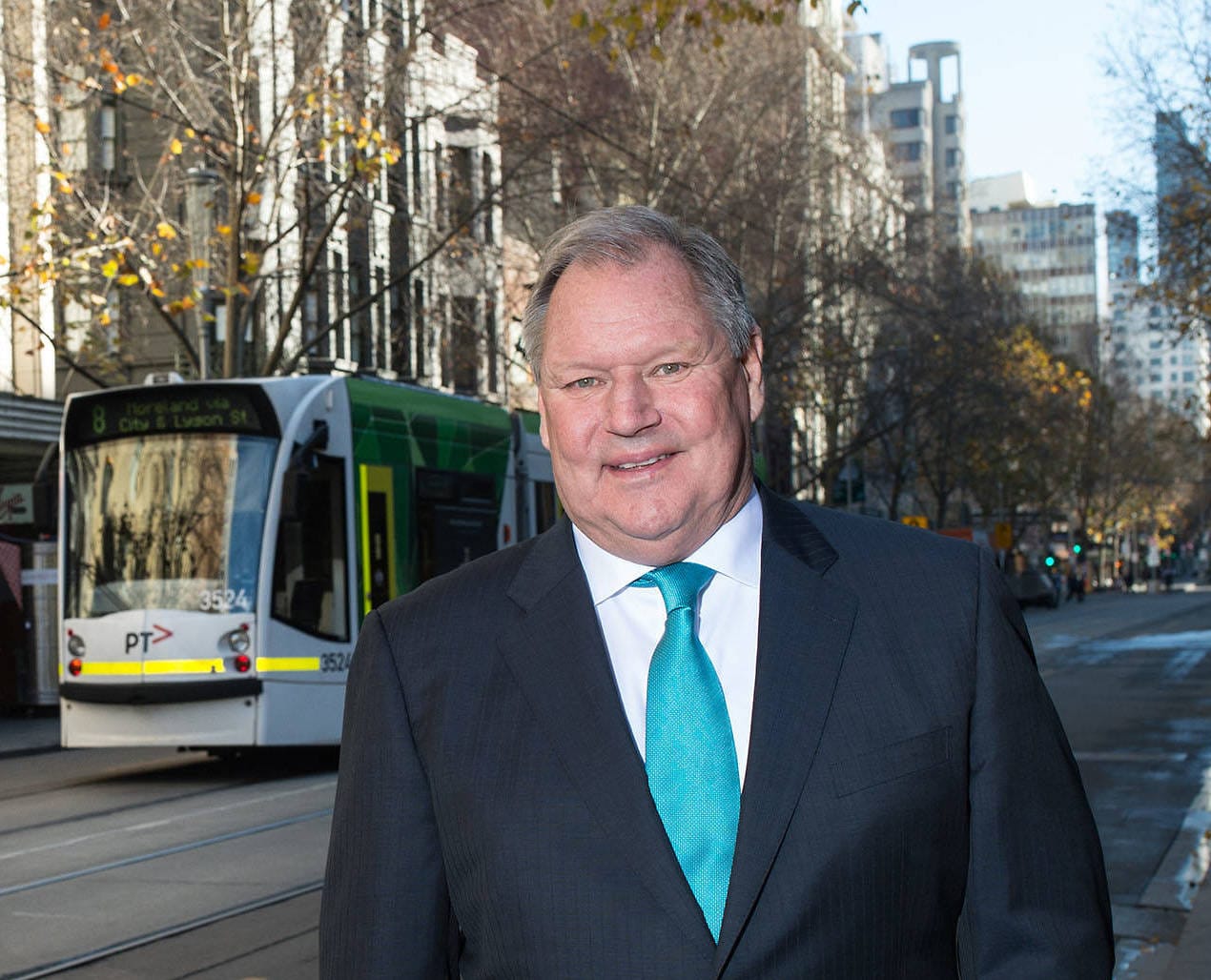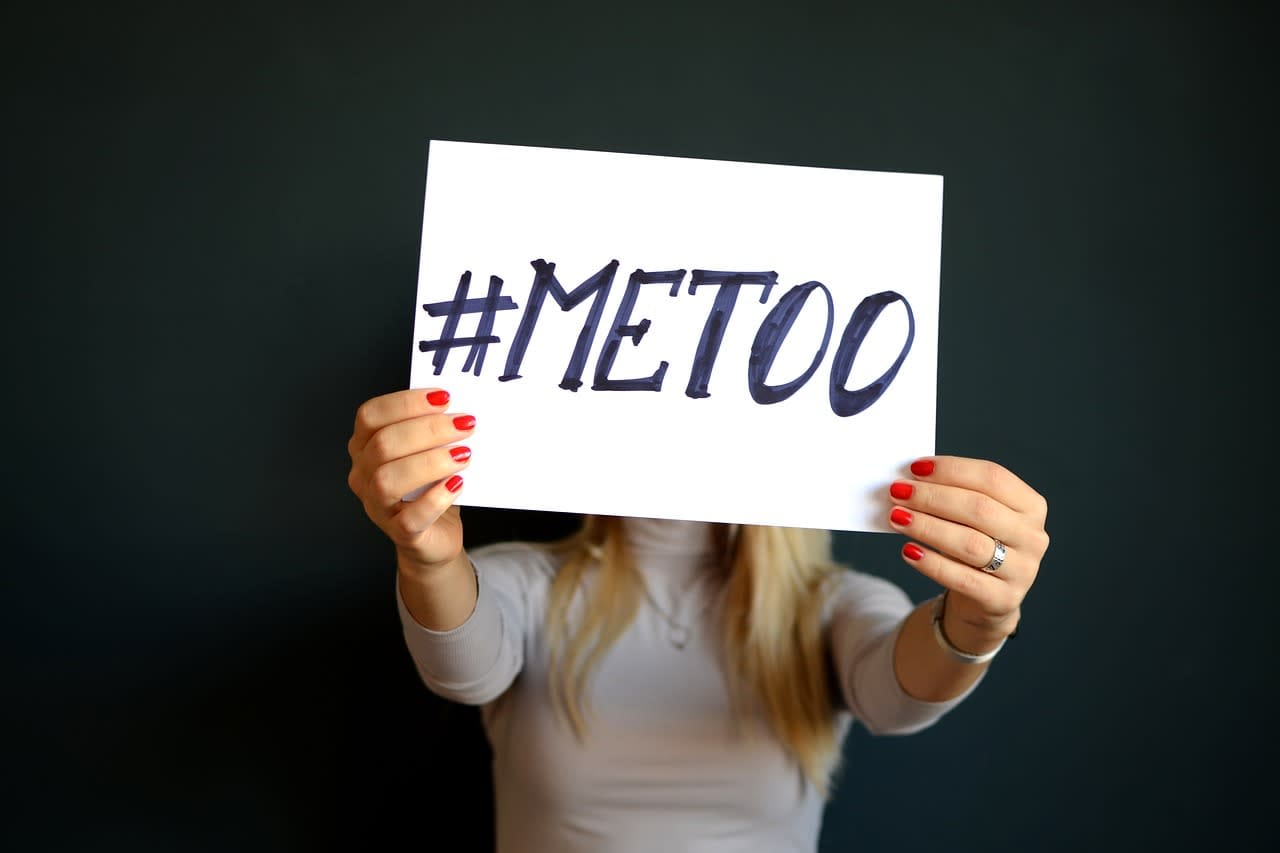
The resignation of Melbourne City Council’s Lord Mayor Robert Doyle amid accusations of sexual misconduct has again thrust the presumption of innocence in due legal process into the public spotlight.
Mr Doyle’s resignation comes seven weeks after sexual harassment allegations were made against him.
Mr Doyle, who was admitted to hospital on the weekend, has also resigned as chairman of Melbourne Health.
Last week Mr Doyle received a draft copy of a report into claims of indecent assault, misconduct and sexual harassment by Ian Freckelton, QC.
Mr Doyle’s lawyer, Nick Ruskin, said in a statement that Mr Doyle has “been through a period which he feels has lacked a semblance of natural justice, where the burden of proof does not rest with proving guilt, but rather proving innocence”.
He said Mr Doyle “continues to strenuously deny the allegations made against him”.
Mr Doyle took leave from his position as lord mayor in mid-December after fellow Team Doyle councillor Tessa Sullivan resigned from council. Ms Sullivan alleged that Mr Doyle had harassed and indecently assaulted her. Other sexual harassment allegations against Mr Doyle were then made by fellow councillor Cathy Oke, and photographer Dianne Mallas as well as by an unnamed partner of a Melbourne Health medical specialist.
Acting Lord Mayor Arron Wood was critical of the media coverage of the case when interviewed by ABC radio host Jon Faine on Monday morning. “To be frank I think that the public commentary – opening the paper or turning on the television each day – has been extremely difficult and probably unhelpful.”
Dr Freckelton was hired by council CEO Ben Rimmer to conduct an independent investigation into the allegations against Mr Doyle after Ms Sullivan resigned from council. His findings have not yet been made public.
The Doyle allegations are part of the local fallout of the #Me Too social media campaign which began last year after revelations of sexual misconduct by powerful Hollywood producer Harvey Weinstein. Millions of people around the world, mostly women, have since shared their stories of being harassed, bullied or assaulted by powerful men.
The #MeToo movement has been hailed as a watershed moment. Time Magazine went to name the #Me Too social media campaign its 2017 ‘Person of the Year’, dubbing the women who spoke out “the silence breakers”.
In Australia women came forward to share their experiences of being allegedly harassed by television personality Don Burke and actor Craig McLachlan after ABC/Fairfax investigations reported claims of misconduct against them. Both men have denied the allegations.
Australian Oscar-winning actor Geoffrey Rush also stepped down as president of Australia’s screen industry academy after the Sydney Theatre Company revealed it had received a complaint of “inappropriate behaviour” against him. The unnamed female cast member did not want to go public or for Mr Rush to be told. Mr Rush has since filed a defamation suit against The Daily Telegraph, which published the allegations.
Johan Lidberg is Associate Professor in Journalism at the Monash School of Media, Film and Journalism, where he teaches journalism law, ethics and investigative reporting. He discusses some of the ethical issues involved in the #MeToo movement.
In the past, cases of bullying or harassment have been reported when they went to court. In the Don Burke case the story was reported without that safeguard. How has social media changed reporting practices?

We have seen a number of cases where social media has become a threat to due legal process and the presumption of innocence. The Jill Meagher murder case in Melbourne is a prominent example. What is different with the allegations in the wake of the #MeToo phenomenon is the number of testimonies from alleged victims. This is a tricky situation; the balance between dismissing the testimonies from a large number of potential victims [on the one hand, to] the right to presumed innocence [on the other]. In sum: 'publications' on social media have disrupted the historical journalistic practice of reporting when a case goes to court. This is potentially both good and deeply problematic. Good because it fuels a much-needed debate in the [case of] the #MeToo campaign, bad because we don't want to give up the presumption of innocence.
The Harvey Weinstein revelations in particular have led some commentators to claim that societal norms will change for the better as a result of the #MeToo campaign.
Women have been praised for their courage in speaking out.
But isn't there a danger that people could be smeared out of spite?
That risk does exist, but in the case of sexual harassment and violence and rape, the trauma experienced by victims retelling their story, often for the first time, presumably acts as check on the risk for smearing. Time will tell if the risk is real, I suspect the risk is minimal.
Geoffrey Rush has stepped down as president of Australia's screen industry academy, days after the Sydney Theatre Company revealed it had received a complaint against him of "inappropriate behaviour". He says he has not been told who made the complaint, or what they said, and did not participate in the company's inquiry. Are we now working under the 'presumption of guilt'? How can public figures protect themselves in these circumstances?

I hope Rush will pursue the STC as this would be an important test case re how these sorts of complaints should be handled. There are protocols for how employers should handle complaints like this. It is important to determine if the STC followed the protocols, both for the sake of the possible victim, but also for Geoffrey Rush.
In the past, Australian media outlets did not publish such stories - unless the allegations were made in court, in which case they were protected - because of fears that they would be sued for defamation. Why do they feel free to publish them now?
Well, defamation applies as much to social media as any other form of publication, so there is no increased protection for legacy media just because the story has been published on social media. I suspect it could be a case of safety in numbers. But it wouldn't surprise if we see a number of defamation cases in the wake of publications triggered by the #MeToo campaign.
Do you have any other views you would like to share about the
power of social media - a means of giving voice to those who
were previously powerless? Or an unregulated weapon?
When you post on social media you publish - especially on Twitter. This means you have to adhere to the same laws, rules and regulation as any publisher. Everyone with a social media account should do at least a basic course/reading in media law and ethics. Re voice to the powerless: this is a good thing, as long social media publication is not misused to spread incorrect information.





